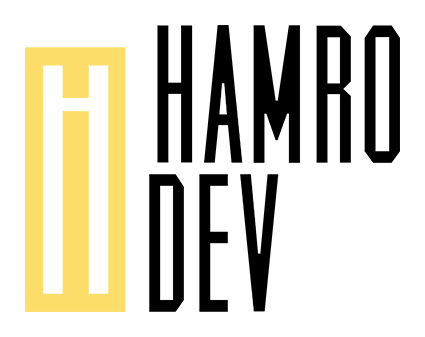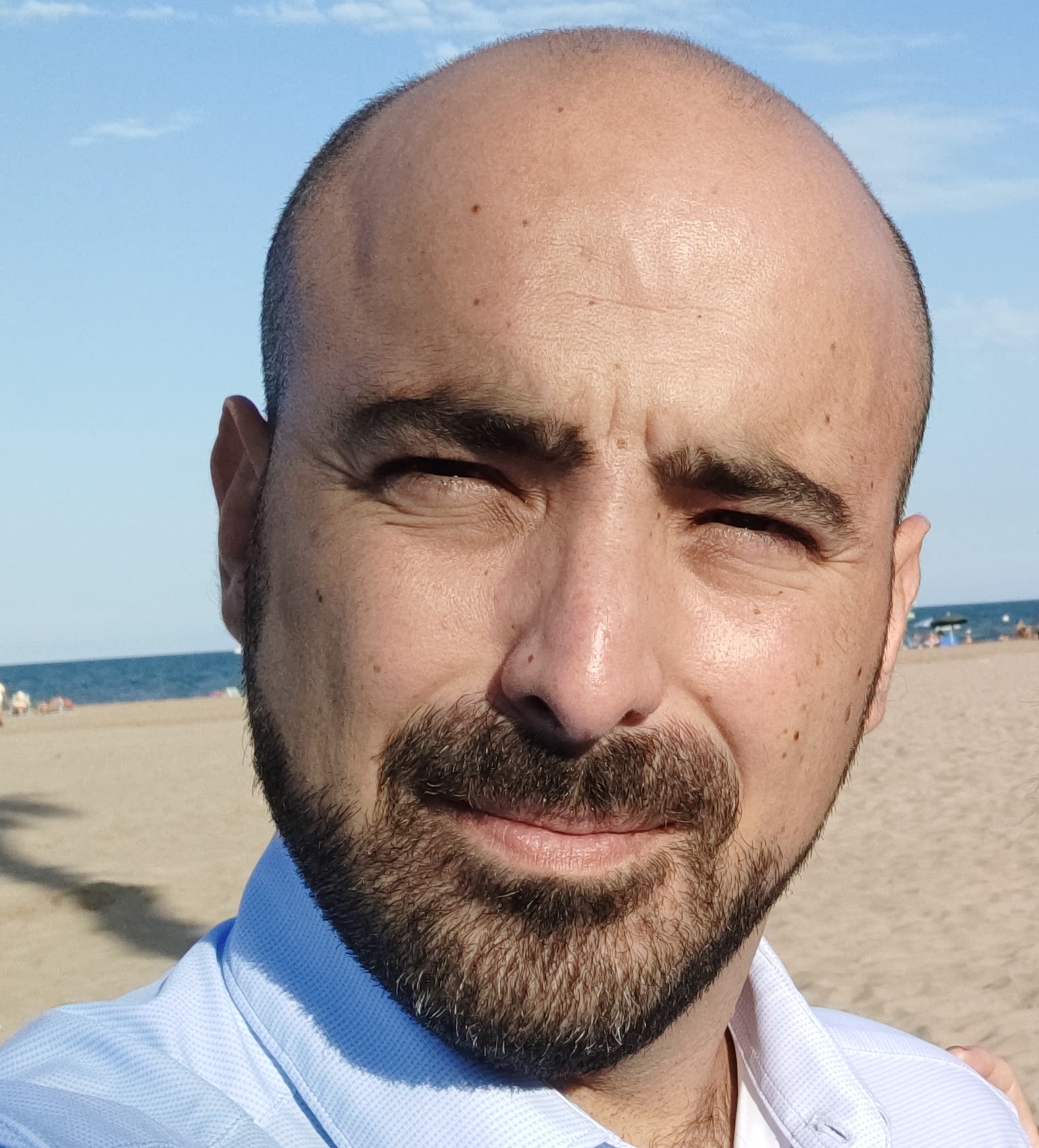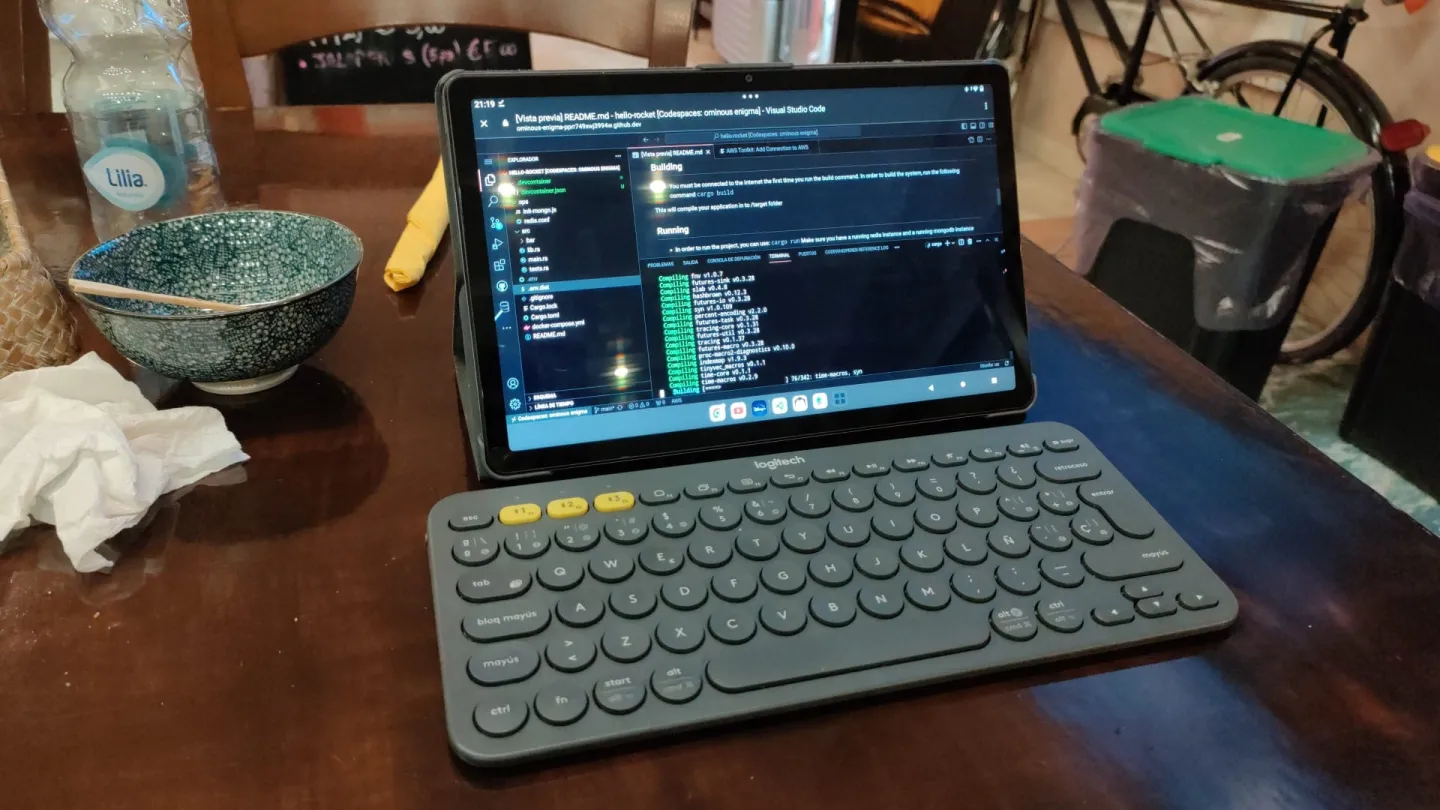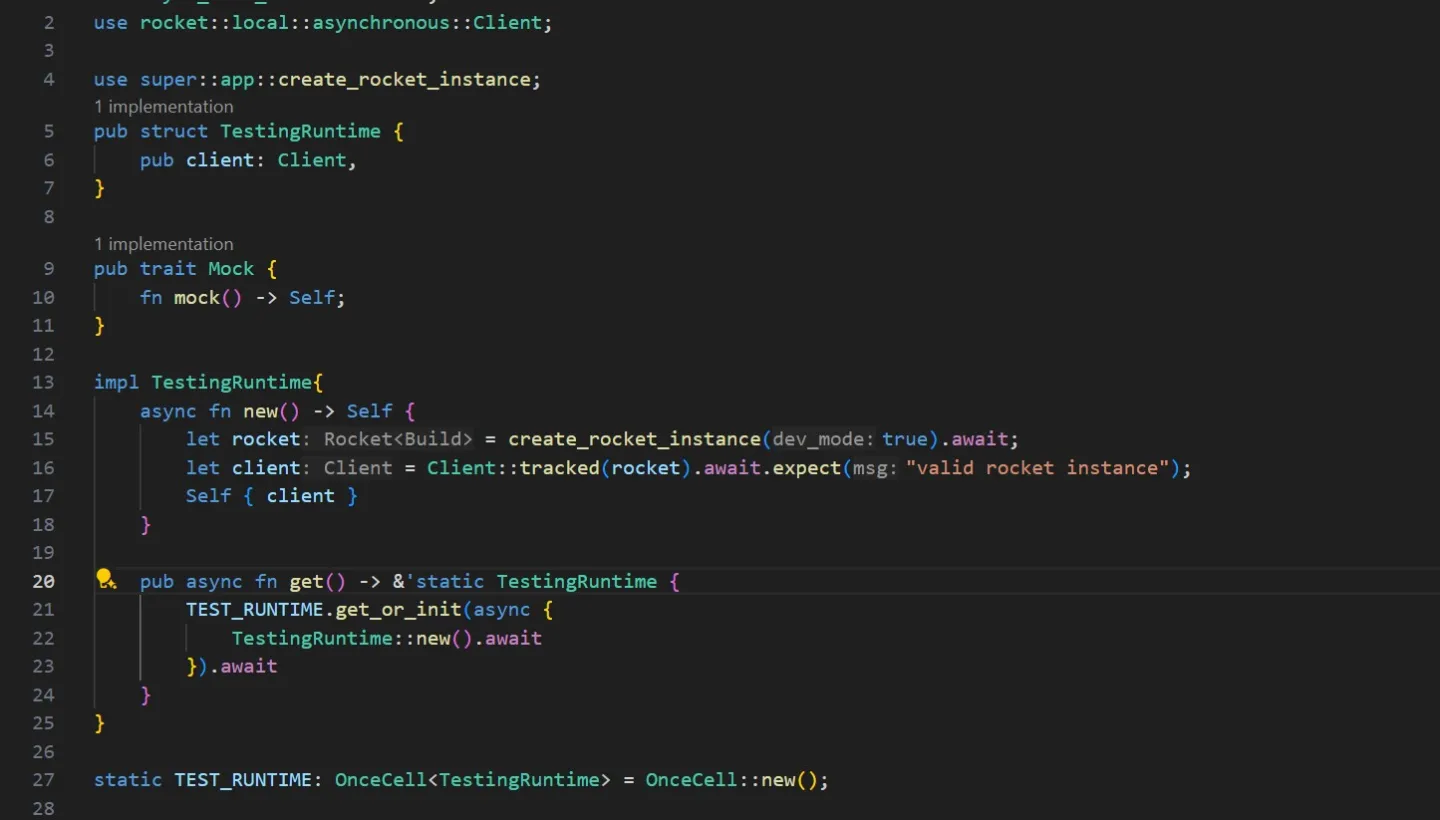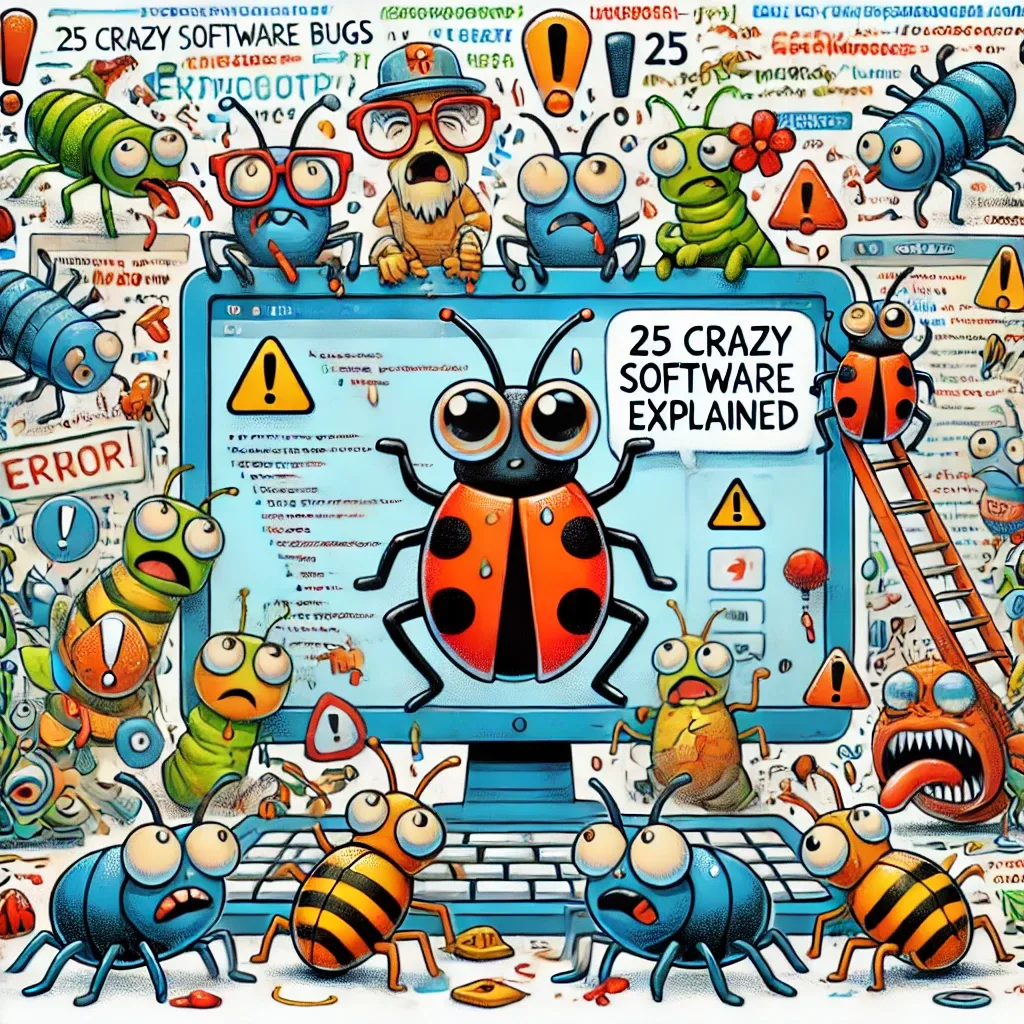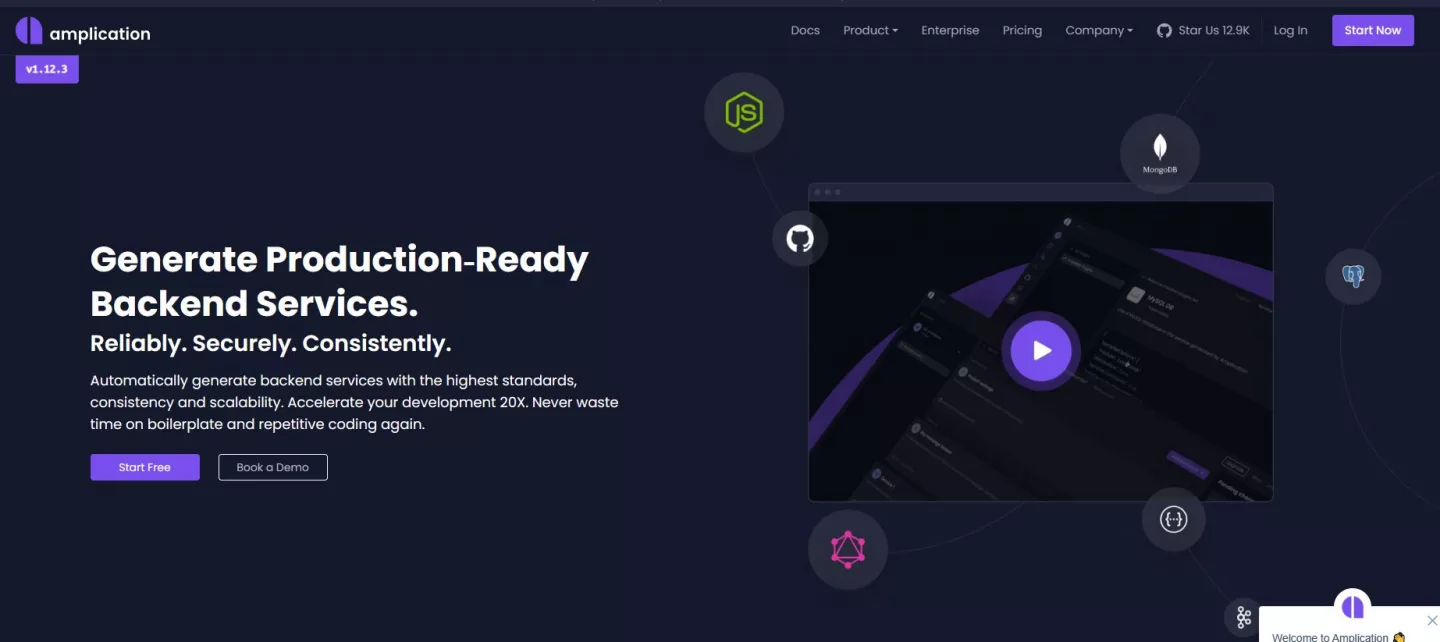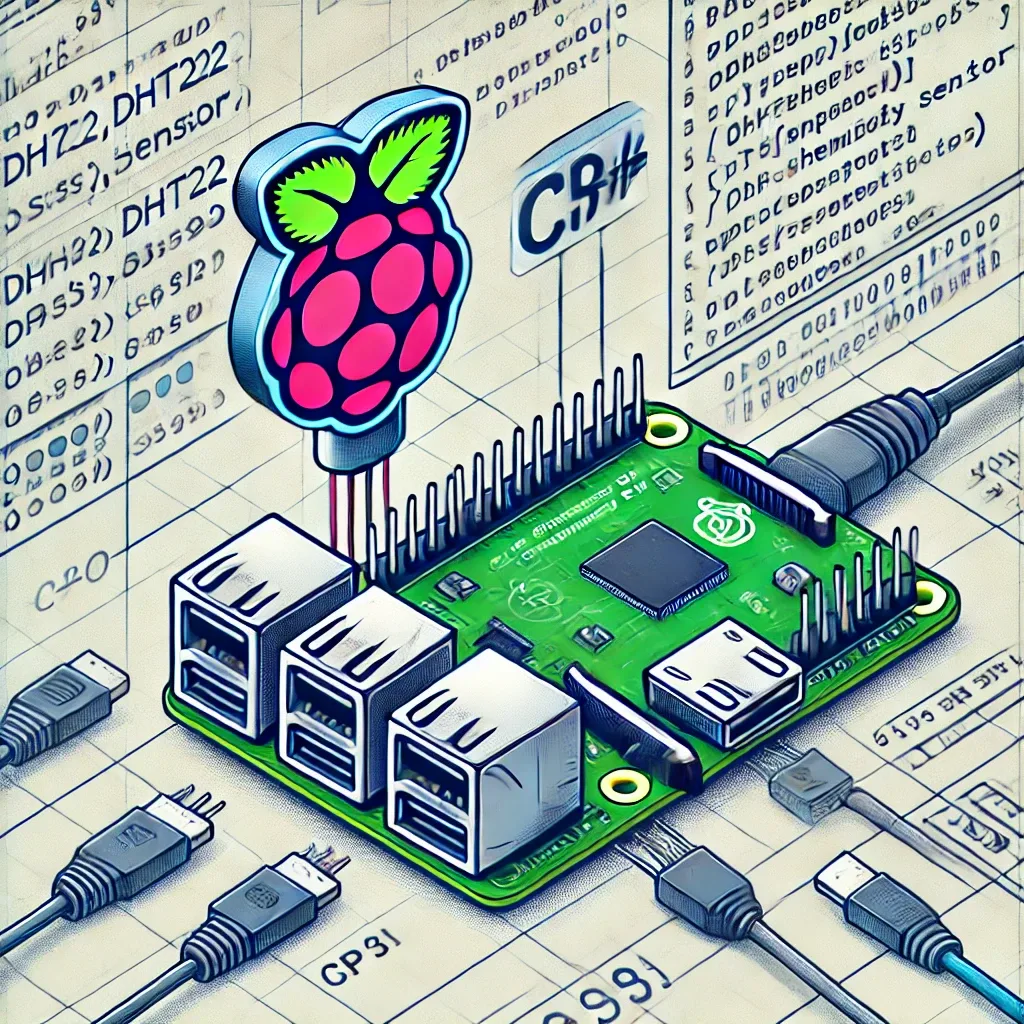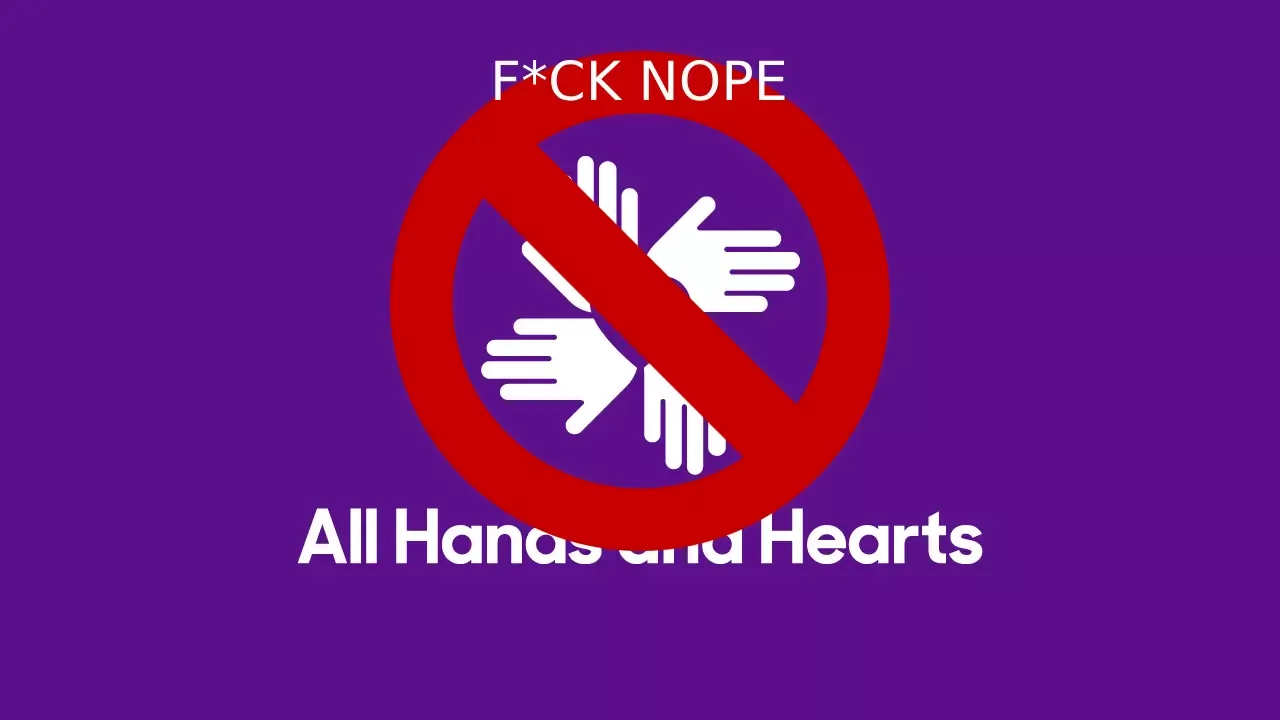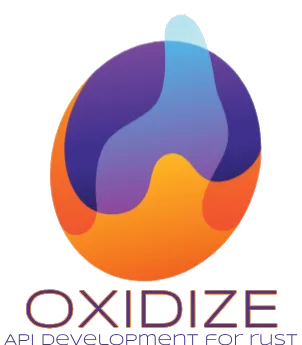This excellent video, by independent journalist and youtuber Johnny Harris is a great work example of how new technologies can spread missinformation and hatred towards minorities.
At the beginning of 2017, the stage was set for a crisis that would eventually grip Myanmar and the world's attention. Tensions in the Rakhine State, Myanmar's western region, had been simmering for years, primarily rooted in the persecution and discrimination faced by the Rohingya Muslim minority. This marginalized community had long been the target of government policies that restricted their rights and subjected them to extreme hardship.
The situation escalated dramatically in August 2017 when an insurgent group known as the Arakan Rohingya Salvation Army (ARSA) launched coordinated attacks on security forces in Rakhine State. The Myanmar military responded with a brutal crackdown, claiming they were targeting ARSA militants. However, their actions would result in a wide range of human rights abuses and acts of violence against not only ARSA members but also innocent Rohingya civilians.
(i know... this story sounds so similar to certain events nowadays, but I suggest you keep reading and watch the video)
This marked the turning point in the crisis. The military's response triggered widespread violence, including the burning of Rohingya villages, extrajudicial killings, sexual violence, and other human rights violations. Tens of thousands of Rohingya fled their homes to escape the violence, seeking refuge across the border in neighboring Bangladesh.
The mass exodus of Rohingya refugees into Bangladesh created an urgent and devastating humanitarian catastrophe, as makeshift refugee camps in Cox's Bazar struggled to accommodate the influx. The international community began to react with condemnation, recognizing the situation as a "textbook example of ethnic cleansing." World leaders and human rights organizations called for accountability and justice for the atrocities committed against the Rohingya.
It's in this context that Facebook's role in the crisis became increasingly significant. The social media platform played a pivotal part in exacerbating the situation, as it was widely used for the spread of hate speech, misinformation, and incitement to violence against the Rohingya minority, further intensifying the crisis.
The events
In 2017, a grave crisis unfolded in Myanmar, putting a spotlight on the power and ethical responsibility of social media platforms like Facebook. This account delves into the significant influence of social media in our modern world, illustrating how these platforms can inadvertently contribute to the dissemination of hate, violence, and misinformation.
Facebook, with its extensive global reach and colossal user base, played a pivotal role in the unfolding Rohingya crisis. It served as the primary source of information and communication for people across Myanmar, bridging urban and rural divides. In an era where digital spaces have become central to our interconnected world, the platform's sway in a region marked by diverse ethnic and cultural landscapes was undeniable.
However, beneath the promise of connectivity lurked a darker aspect: Facebook emerged as a fertile ground for the propagation of hate speech and false information. Extremist groups and individuals seized the opportunity to disseminate anti-Rohingya propaganda, exacerbating existing tensions and divisions. It was apparent that the onus to counter these malevolent forces extended not solely to individuals but also to the platforms themselves.
The implications of this digital conundrum were dishearteningly real. False information and hate speech propagated on Facebook often incited violence, further compounding the suffering of the Rohingya minority. The boundaries between online content and real-world actions blurred, resulting in grievous consequences for affected communities.
What makes this narrative profoundly relevant is the fact that some individuals and groups went a step further, utilizing Facebook to organize and coordinate attacks on Rohingya communities. Inflammatory posts and rumors on the platform became rallying cries, inciting violence and mob attacks. Facebook, originally conceived to foster connections among friends and families, had tragically been weaponized for the dissemination of hatred.
Facebook's struggles in implementing effective moderation mechanisms were central to this crisis. The company faced challenges in identifying and removing hate speech and content that incited violence, particularly in Myanmar's intricate linguistic and cultural landscape. The result was an amplification of harmful content, with dire real-world consequences.
However, this narrative isn't one of despair alone; it's also a story of awakening and reflection. As the crisis unfolded, it prompted a global conversation about the ethical responsibility of social media platforms in our interconnected world. In response, Facebook took measures to enhance content moderation, collaborating with local organizations to develop better tools for identifying and removing harmful content. They removed accounts and pages associated with hate speech and took action against policy violators.
This story underscores the pressing need for social media platforms to assume a more proactive role in preventing the dissemination of hate, violence, and misinformation. In a world where digital spaces play an ever-expanding role in our lives, it's imperative for these platforms to exercise their influence responsibly, as our interconnected world profoundly depends on it.
